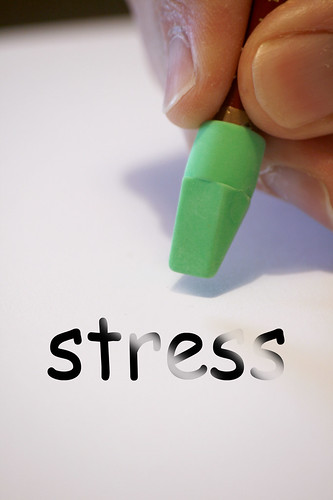For us to understand the nature of stress we need to identify first the different types of stress. Based on the book” Stress management techniques: How to handle stress and thrive by Anna Michele Knight” below are the different types of stress which we can possibly encounter in life.
1. Distress—this is basically the negative form of stress. It is similar to psychological and physical suffering. All of us have “comfort zones” meaning we have our safe zones, where there is not much trouble or pressures in life. This is the type of stress that we don’t want to have and we want to avoid as much as possible.
2. Eustress-this one is exactly the opposite of distress otherwise a positive form of stress. It is similar to what they call as “adrenaline rush”. This is the type of stress that is important or necessary for us to reach our goals. We need this sense of urgency, to prompt us to move fast or act fast. It may push us to get out of our comfort zone and it is good because it can stretch our energies and abilities.
3. Acute Stress—this is the short-lived stress as a result of sudden changes, changes in routine, changes in temperature, etc. Till we learn to completely adjust to these sudden changes the stress level lessens and fades.
4. Chronic Stress—this is the long-range type of stress. It happens when changes are constant and one cannot adjust or adapt steadily over these changes. The stress is ongoing and most of the time this can lead to some serious health problems.
5. Hypostress—a type of stress related to lethargy and boredom. You feel flat most of the time. You want see some changes but no change is happening. The stress is a direct result of boredom. Routines can sometimes cause Hypostress. It can happen when there are no challenges or everything is too easy for us.
6. Hyperstress- A type of stress related to too much work, too much challenges. There are certain stressful things in life that is in excess or more than what we can actually do. This is one form of unhealthy stress when encountered often in life.

 RSS Feed
RSS Feed